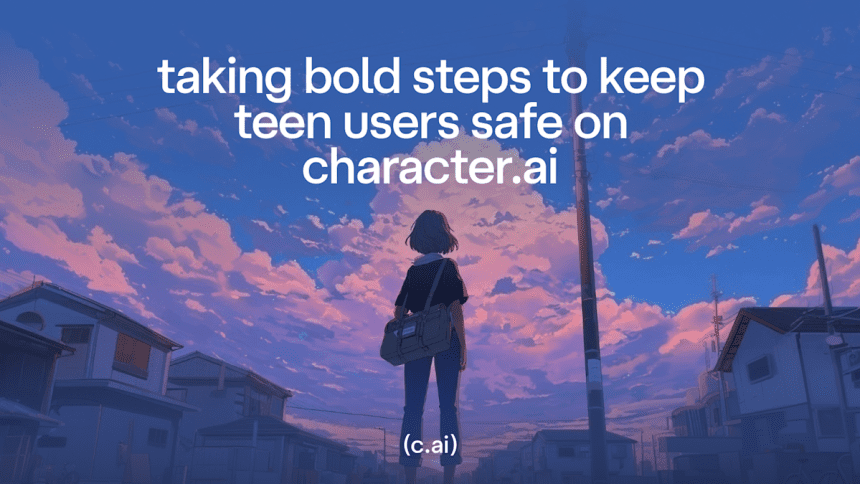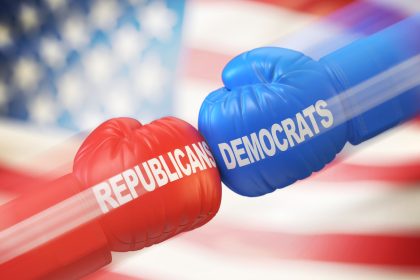Character.AI will no longer permit teenagers to interact with its chatbots, as AI companies face increasing pressure to better safeguard younger users from harm. In a statement, the company confirmed that it is removing the ability for users under 18 to engage in any open-ended chats with AI on its platform, which refers to back-and-forth conversations between a user and a chatbot.
The changes come into effect on November 25, and until that date, Character.AI will presents users with a new under-18 experience. It’ll encourage its users to use chatbots for creative purposes that might include, for example, creating videos or streams, as opposed to seeking companionship. To manage the transition, under-18s can now only interact with bots for up to two hours per day, a time limit the company says it will reduce in the lead-up to the late November deadline.
Character.AI is also introducing a new age assurance tool it has developed internally, which it says will “ensure users receive the right experience for their age.” Along with these new protections for younger users, the company has founded an “AI Safety Lab” that it hopes will allow other companies, researchers and academics to share insights and work collaboratively on improving AI safety measures.
Character.AI said it has listened to concerns from regulators, industry experts and concerned parents and responded with the new measures. They come after The Federal Trade Commission (FTC) recently a formal inquiry into AI companies that offer users access to as companions, with Character.AI named as one of seven companies that had been asked to participate. Meta, OpenAI and Snap were also included.
Both Meta AI and Character AI also faced from Texas Attorney General Ken Paxton in the summer, who said chatbots on both platforms can “present themselves as professional therapeutic tools” without the requisite qualifications. Seemingly to put an end to such controversy, Character.AI CEO Karandeep Anand told that the company’s new strategic direction will see it pivot from AI companion to a “role-playing platform” focused on creation rather than mere engagement-farming conversation.
The dangers of young people relying on AI chatbots for guidance has been the subject of extensive in recent months. Last week, the family of Adam Raine, who that ChatGPT enabled their 16-year-old son to take his own life, filed an against OpenAI for allegedly weakening its self-harm safeguards in the lead-up to his death.







